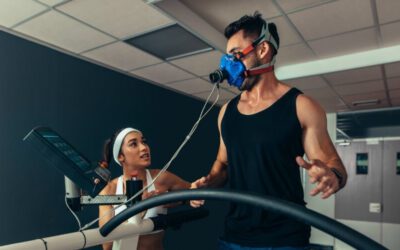A cervicogenic headache is a pain that develops in the neck, though a person feels the pain in their head. Cervicogenic headaches are secondary headaches. Secondary headaches are those caused by an underlying condition, such as neck injuries, infections, or severe high blood pressure.
What does it feel like?
A cervicogenic headache can cause symptoms similar to a migraine. You may feel tightness in the neck which can extend upward through the back of the skull and forward to behind the eyes. The tightness often makes it hard to concentrate or sit still for long periods.
Neck pain is an extremely common occurrence with cases presenting from a range of different occupations, both sedentary and active. The most common occurrence comes from those who work in an office environment or who are studying regularly and sit in front of a computer for most of the day. Tightness throughout the neck muscles can additionally lead to pain and reduced mobility in the neck, headaches, blurred vision and general mental fatigue.
When do you feel it?
After you’ve had an increase in workload with less than ideal posture, causing the head to move out in front of the body. Similarly, looking up for long periods of time like painting a ceiling, or even falling asleep in an awkward position may cause a cervicogenic headache.
How can Physiotherapy help?
Pain-relieving and joint mobility interventions including soft tissue release, joint mobilisation and dry needling.
Postural education to help adjust your seated posture and work-station set-up.
Advice on day-to-day adjustments and activity alterations to help reduce your pain.
Provision of an individualised rehabilitation program to improve your movement, strength and endurance.
What are the treatment options?
Physiotherapy: Expert advice and provision of a management plan which includes hands-on therapy and a strengthening exercise program.
What is Exercise Physiology? All You Need to Know
Join us as we delve deep into the world of exercise physiology, unravelling how our bodies respond and adapt to physical activity and the science behind these changes. We will introduce you to the expertise of exercise physiologists who craft personalised exercise...
What is Remedial Massage and How Can It Benefit You?
What is remedial massage? Remedial massage is a holistic approach to healthcare that helps to alleviate pain and discomfort in the body. This type of massage therapy involves using specific techniques that target the root cause of the problem, rather than just...
Embrace the Great Outdoors: 5 Steps to Prepare for ‘Take a Hike Day’
Are you ready to lace up your hiking boots and hit the trails? 'Take a Hike Day' is just around the corner on the 17th of November, and it's the perfect opportunity to reconnect with nature, get some exercise, and clear your mind. We, at Mid North Coast Allied Health,...



